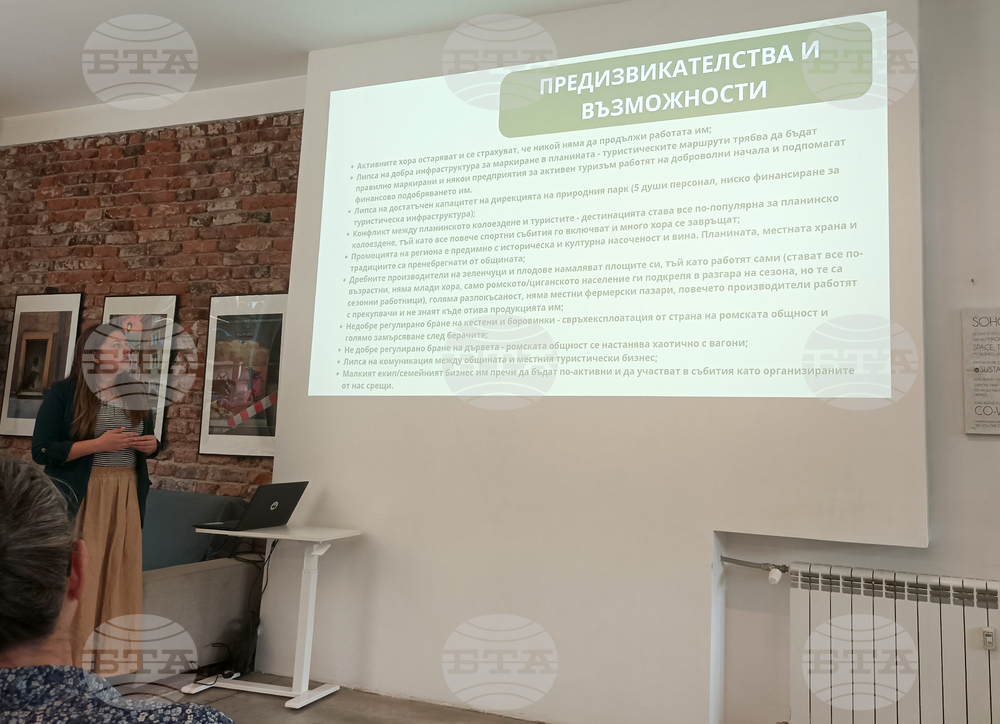site.btaBulgaria Has Potential to Develop Green Jobs, Support from Institutions Needed, Experts Say


A forum dedicated to the topic of green jobs, organized by the Bulgarian Biodiversity Foundation (BBF) was held in Sofia on Friday. Experts from the organization have carried out several months of surveys conducted at the beginning of this year in Strandzha, Belasitsa and Western Balkan Mountains - areas that are part of the European Green Belt.
Some of the conclusions from the forum were that Bulgaria has the potential to develop green jobs, but more support is needed from local and central government and that there is a need to discuss opportunities for financing green jobs in the border regions of the country and to promote good practices.
The European Green Belt (EGP) is a pan-European initiative for nature conservation that covers more than 12,500 km in 24 countries, said Petko Tsvetkov from the BBF. The EGP is divided into four regions - Fennoscandian, Baltic, Central European and Balkan, he explained. Supporting nature conservation by protecting wildlife and habitats, uniting the efforts of participants to promote the initiative as a model for local communities are among the main goals of the EGP.
Green jobs play an important role in preventing environmental degradation and climate change, Tsvetkov said. They are also an opportunity to develop the social aspects of the labour market and contribute to ensuring decent work, he pointed out. Jobs in nature conservation, forestry and agriculture are examples of direct green jobs. They contribute directly to the conservation and/or restoration of the EGP, the expert said. Indirect green jobs have no harmful impact on nature, such as ecotourism or selling local products. Tsvetkov reminded that the most developed ecological network in Europe is Natura 2000 and added that in 2016, spending on conservation measures supported around 52,000 jobs directly and indirectly.
"We talked to local people in the three regions visited to see what their expectations were for green jobs, we met people from small farms, apiaries or tourist sites," said Eleonora Yosifova from the BBF.
The Chestnut Festival, the balloon fiesta in Belogradchik, bike rides were among the listed good practices that promote beautiful places and the need for nature conservation and provide employment.
Lack of good infrastructure, reduction of areas for agriculture due to insufficient capacity for maintenance and development, lack of communication between the municipality and the local tourism business are some of the challenges the experts outline in their study. "Overall, there is an acute shortage of labour in the peripheral regions of Bulgaria," they reported in their conclusions. They pointed out that the administrative, expert and financial capacity of nature parks is low. "There are good practices for creating green jobs along the Green Belt in Bulgaria, but most of them are limited in scale and this makes them vulnerable," the experts added. Creating green jobs by working more closely across borders was one of the environmentalists' recommendations. The holding of festivals, exhibitions and seminars needs more public and private support, they said.
/DT/
news.modal.header
news.modal.text